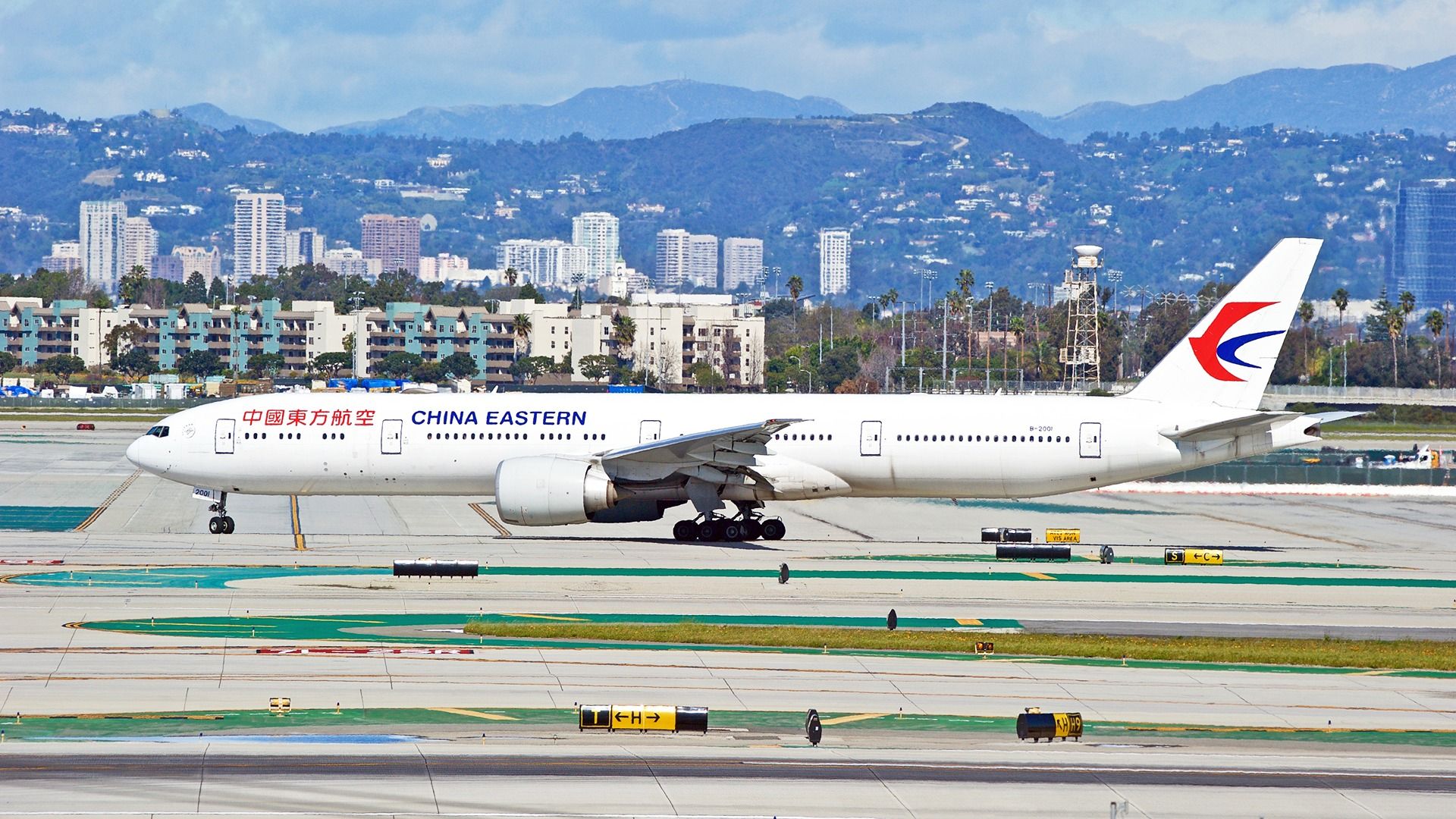World
China Criticizes US Ban on Airlines Flying Over Russian Airspace

The Chinese government has condemned the United States’ proposal to ban Chinese airlines from using Russian airspace on flights to the US. This plan, announced by the US Department of Transportation (DOT) on October 9, 2025, is part of the Trump administration’s efforts to limit what it perceives as an unfair advantage for Chinese carriers. Chinese Foreign Minister Guo Jiakun asserted that such restrictions would hinder people-to-people exchanges and ultimately undermine US interests.
Details of the Proposed Ban
The DOT’s proposal follows the imposition of sanctions on Russia’s aviation sector, which occurred after the country’s full-scale invasion of Ukraine. These sanctions have effectively barred US airlines from using Russian airspace, while allowing Chinese airlines to operate more freely, leading to shorter flight times and reduced fuel costs. The US government has expressed concerns about the competitive edge that this situation provides to Chinese carriers, prompting the proposed ban.
The plan specifically names several Chinese airlines that could be impacted, including Air China, China Eastern Airlines, and China Southern Airlines. Notably, Cathay Pacific, which also uses Russian airspace for its US routes, was not included in the proposed restrictions.
Currently, Chinese airlines are permitted to operate up to 50 roundtrip flights per week between China and the US, a figure that has remained unchanged since March 2024. The DOT’s proposal stipulates that these airlines have two days to respond, with the final decision potentially implemented as early as November 2025. Importantly, the proposed ban does not extend to cargo-only flights.
Implications for Boeing and Future Relations
The timing of the DOT’s proposal coincides with discussions regarding a potential multi-billion-dollar order from Chinese airlines for 500 aircraft from Boeing. In September 2025, media reports indicated that negotiations were nearing completion, marking China’s first major order from Boeing since 2017. US Ambassador to China David Purdue emphasized the significance of the deal, stating it is crucial for both the president and Boeing.
During a press conference on September 23, 2025, US Democratic Representative Adam Smith remarked on the long hiatus of Boeing aircraft sales to China, expressing hope for a resumption of trade. If finalized, this order could help Boeing regain market share in China, where its European competitor Airbus has made considerable gains in recent years.
As the situation develops, the interplay between US regulatory actions and international aviation relations remains a critical focal point. The Chinese government’s response to the proposed ban highlights the complexities of global trade and diplomatic relations, particularly in the aviation sector.
Overall, the future of US-China airline operations hangs in the balance as both nations navigate the challenges posed by geopolitical tensions and competitive market dynamics.
-

 Science3 months ago
Science3 months agoToyoake City Proposes Daily Two-Hour Smartphone Use Limit
-

 Health4 months ago
Health4 months agoB.C. Review Reveals Urgent Need for Rare-Disease Drug Reforms
-

 Top Stories4 months ago
Top Stories4 months agoPedestrian Fatally Injured in Esquimalt Collision on August 14
-

 Technology3 months ago
Technology3 months agoDark Adventure Game “Bye Sweet Carole” Set for October Release
-

 World3 months ago
World3 months agoJimmy Lai’s Defense Challenges Charges Under National Security Law
-

 Lifestyle4 months ago
Lifestyle4 months agoVictoria’s Pop-Up Shop Shines Light on B.C.’s Wolf Cull
-

 Technology3 months ago
Technology3 months agoKonami Revives Iconic Metal Gear Solid Delta Ahead of Release
-

 Technology3 months ago
Technology3 months agoApple Expands Self-Service Repair Program to Canada
-

 Technology3 months ago
Technology3 months agoSnapmaker U1 Color 3D Printer Redefines Speed and Sustainability
-

 Technology3 months ago
Technology3 months agoAION Folding Knife: Redefining EDC Design with Premium Materials
-

 Technology4 months ago
Technology4 months agoSolve Today’s Wordle Challenge: Hints and Answer for August 19
-

 Business4 months ago
Business4 months agoGordon Murray Automotive Unveils S1 LM and Le Mans GTR at Monterey









